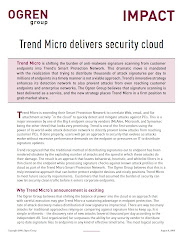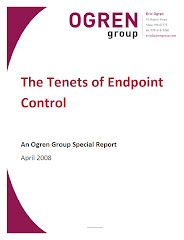
"Application whitelisting is emerging as the security technology that gives IT a true defense-in-depth capability, filling in the gaps that anti-virus (AV) was never designed to cover. Organizations have invested heavily in traditional AV solutions, often stacking AV filters from multiple vendors along the data path in the desperate hope that one of the products would stop malware from infecting the corporate or government endpoints. While AV plays a crucial role in identifying known malware and cleaning infected systems, the reality is that relying on layers of the same defense mechanism leaves organizations completely exposed to attacks and data theft from unknown or designer malware that can be delivered in web-based active code, downloaded encrypted code fragments, and persistent botnets. Security teams that know they need more than AV are now deploying application whitelisting technology to protect laptops, desktops, server and Point-of-Sale endpoints from unidentified malicious code as well as undetected code injections - and they are finding significant operational benefits due to fewer interruptions responding to infected endpoints.
This Ogren Group Special Report, Endpoint Security: Moving Beyond AV, commissioned by Lumension, presents the market demand for application whitelisting with recommended actions for security decision makers. Information in this report derives from Ogren Group research and interviews with enterprise security executives of global organizations." ...








